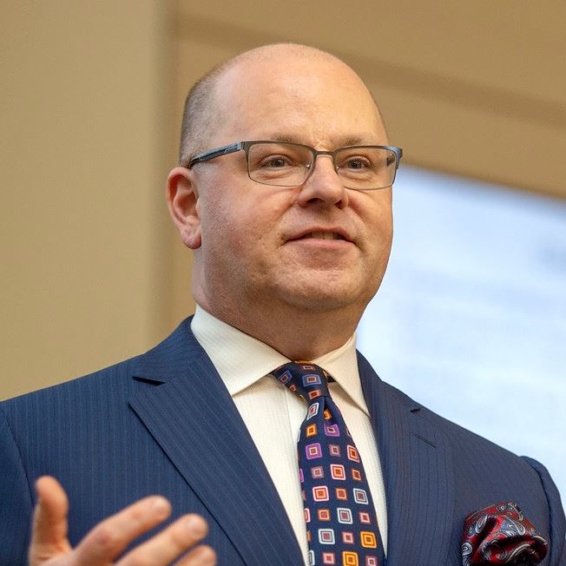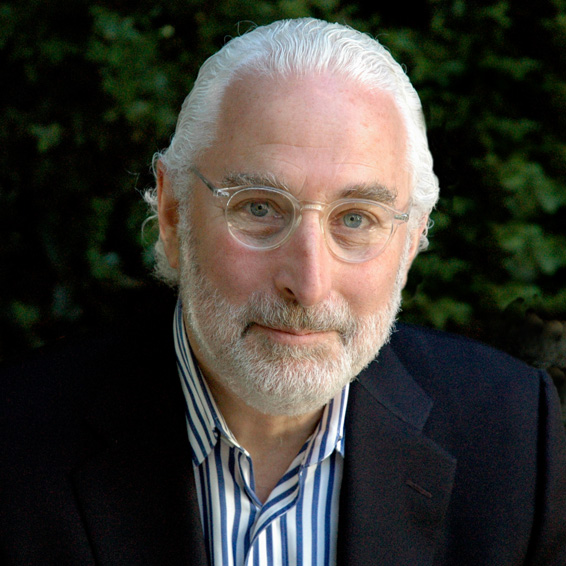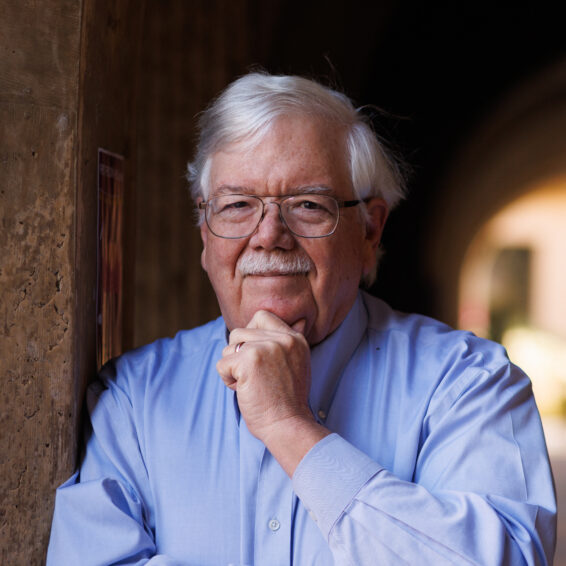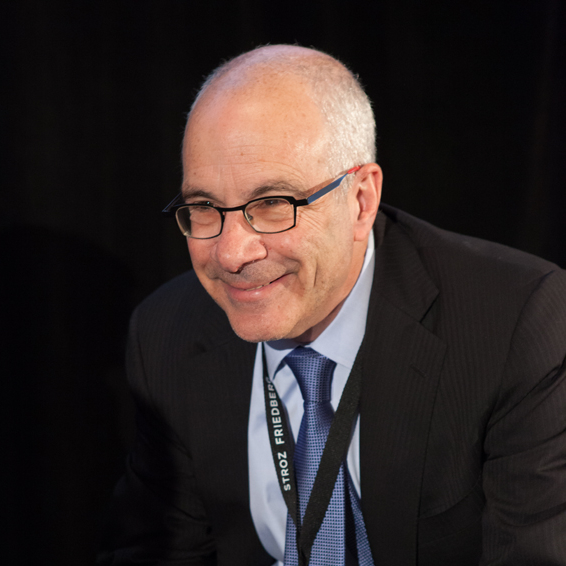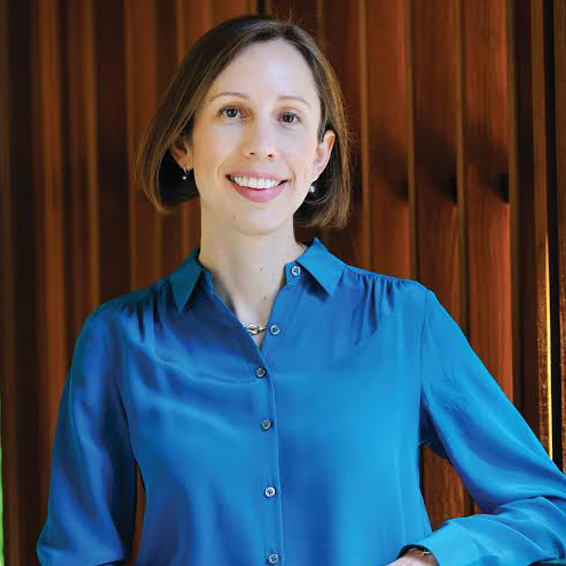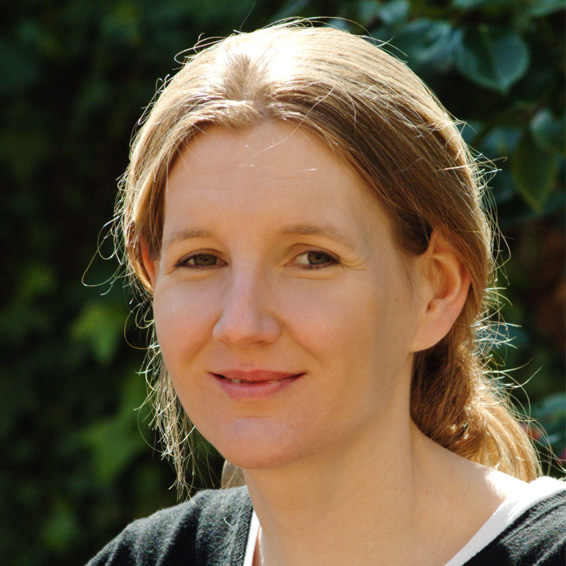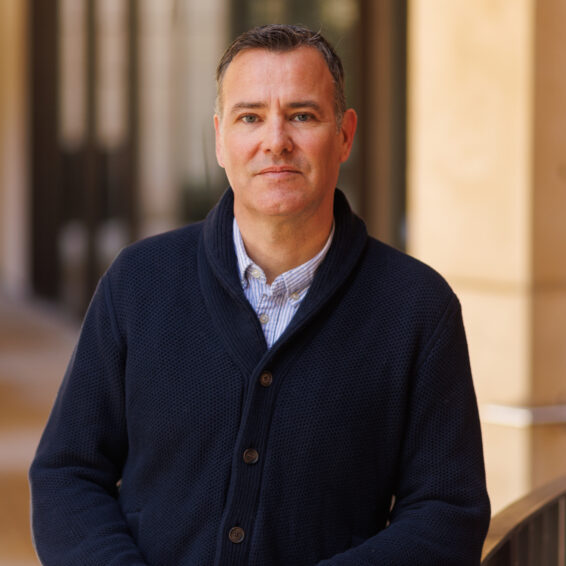LLM in Law, Science & Technology
The Master of Laws (LLM) in Law, Science & Technology provides rigorous academic and professional training in legal practice and interdisciplinary analysis related to current developments in law, science and technology, including such areas as e-commerce, jurisdiction and dispute resolution in cyberspace, biotechnology and health science issues, intellectual property regimes and contractual developments related to the global information economy, venture capital, and high technology start-up companies.
The LLM in Law, Science & Technology is limited to students with a primary law degree earned outside the United States. Except under unusual circumstances, candidates must have at least two years of professional legal experience before commencing the LLM program.
LLM students are required to be in residence at Stanford during the full (nine month) academic year. They are required to take a minimum of 35 credit units and a maximum of 45 credit units.
Note to applicants:
The Knight-Hennessy Scholars program awards up to three years of funding to Stanford graduate students from all disciplines, with additional opportunities for leadership training and collaboration across fields.
Applications for the Knight-Hennessy Scholars program are due in early Autumn, one year prior to enrollment. View dates and deadlines. You can also sign up for Knight-Hennessy Scholars email alerts to stay up to date on the availability of their online application.
Courses
The LLM academic program includes the following components:
- An introductory course in American and common law (see below);
- Participation in an LLM colloquium on current topics related to each specialization;
- Appropriate courses selected from the regular Stanford Law School curriculum (and, to a limited extent, from other Stanford University Departments or Programs); and
- A practical writing course.
To meet these requirements, each LLM student will develop an individualized course of study that will be reviewed and approved by the program director.
LLM students are required to be in residence at Stanford during the full (nine month) academic year. They are required to take a minimum of 35 credit units (and a maximum of 42 units).
Stanford Law School offers international graduate students an intensive two week Introduction to American Law course in early September, before regular classes begin. This course is required for LLM students. It is optional for SPILS Fellows, but is recommended for students with no prior exposure to American law. The purpose of this course is to:
- Introduce internationally-trained graduate students to basic concepts of American law and provide an overview of U.S. legal process and institutions.
- Teach students how to read and analyze judicial opinions from U.S. courts.
- Prepare international students to participate in regular Stanford Law School courses.
All Law, Science & Technology LLM students will participate in a weekly colloquium that will be directed by the teaching fellow for the Law, Science & Technology program. The colloquium will include an overview and discussion of selected issues in law, science, and technology, presentations of research and papers by faculty and visiting scholars, and outside guest speakers, often practicing lawyers. Students are also encouraged to attend other seminars and lectures on campus that are relevant to topics discussed during the required colloquium.
Courses in law, science, and technology represent a strong and expanding component of the Law School's curriculum. The following is a list of the principal law, science, and technology courses that have been offered at the Law School during the last several years. Some courses are not offered every year, and additional courses may also be offered in a particular year.
Visit the courses section of the Law School's website for a comprehensive list of offerings.
General Technology
- Property and Contract Go High-Tech*
- Law, Science, and Technology Colloquium
- Technology as a Business Asset
- Venture Capital
Intellectual Property
- Antitrust
- Business of Intellectual Property
- Entertainment Law*
- Intellectual Property and Antitrust Law
- Intellectual Property: Trademarks and Unfair Competition Law
- Intellectual Property: Advanced Topics in Unfair Competition*
- Intellectual Property: Commercial Law*
- Intellectual Property: Copyright
- Intellectual Property: Advanced Topics in Copyright Law*
- Intellectual Property: Patents
- Intellectual Property: Advanced Topics in Patent Law*
- Intellectual Property Reform
- International Intellectual Property Law
- International Trade: WTO
- Introduction to Intellectual Property
- Patent Litigation Workshop*
- Scientific Evidence and Expert Testimony: Patent Litigation*
Information Sciences and Electronic Commerce
- Communications Law
- Copyright, the Internet, and Industry*
- Cyberlaw Clinic
- Cyberlaw: Difficult Problems*
- Internet Business Law and Policy*
- Internet Commerce: The Emerging Legal Framework
- Internet Torts and Crimes*
- Law and Virtual Worlds
- Law of Open Source
Life Sciences
- Biotechnology Law and Policy
- Current Topics in Bioethics*
- FDA's Regulation of Health Care
- Genetics and Law*
- Health Law and Policy
- Law and the Biosciences*
* Limited enrollment courses or seminars for which admission may be subject to a lottery or permission of the instructor.
Related Programs
The Stanford Program in Law, Science & Technology combines the resources of Stanford Law School — including renowned faculty experts, alumni practicing on the cutting edge of technology law, technologically savvy and enthusiastic students, and a location in the heart of Silicon Valley — to address many of the questions that arise from the increasingly prominent role that science and technology play in our global economy and culture. The program draws on expertise in and beyond the Stanford Law School community, with courses taught by visiting scholars, faculty from other University departments, attorneys, business executives, and scientists. The program offers a small, close-knit community for intellectually engaging study of science- and technology-driven law and policy, including a regular speaker series with prominent academics and practitioners in the field. Stanford law students are an integral part of the program, running four successful technology-oriented student organizations at Stanford: the Stanford Law and Technology Association, the Stanford Technology Law Review, the Stanford BioLaw and Health Policy Society, and the Stanford Journal of Law, Science and Policy.
Besides running its own programs on intellectual property law, the LST program includes six related programs and centers each with its own more specific focus: the Stanford Center for the Digital Economy, the Center for Internet and Society (CIS), the Center for Law and the Biosciences, CodeX – The Stanford Center for Legal Informatics, the Stanford IP Litigation Clearinghouse, and the Transatlantic Technology Law Forum (TTLF).
Additional Stanford University Programs Related to Law, Science, and Technology
Relevant to candidates for the Law, Science and Technology LLM are the Law School’s teaching and research ties with the Schools of Business, Earth Sciences, Engineering, and Medicine, and the Departments of Computer Science and Economics, as well as the following university-wide interdisciplinary programs:
- The Stanford Technology Ventures Program is the entrepreneurship center within the Stanford School of Engineering. It consists of a series of courses, conferences, internships, websites, and research activities designed to promote entrepreneurship education.
- The Center for Entrepreneurial Studies was founded in 1996 at the Stanford Graduate School of Business to build understanding of the issues faced by entrepreneurial companies and individuals.

